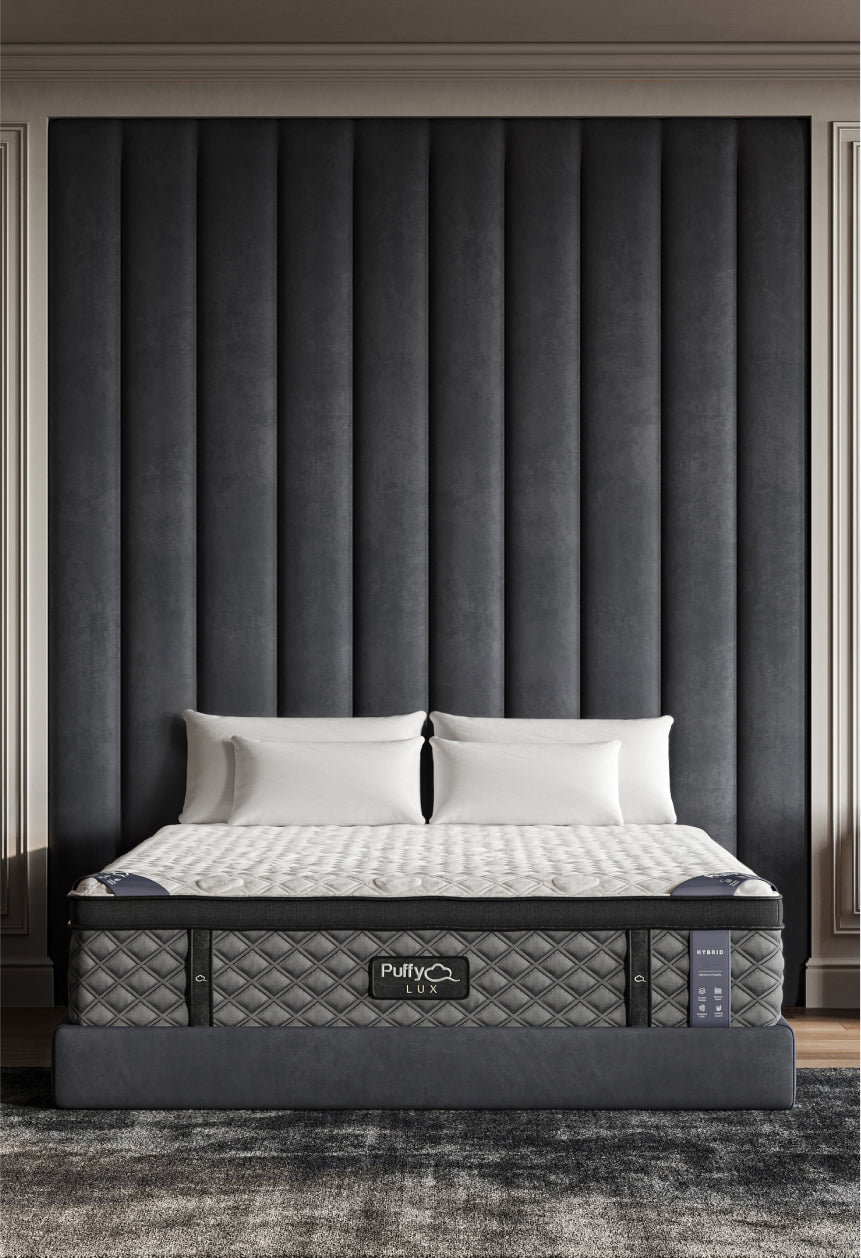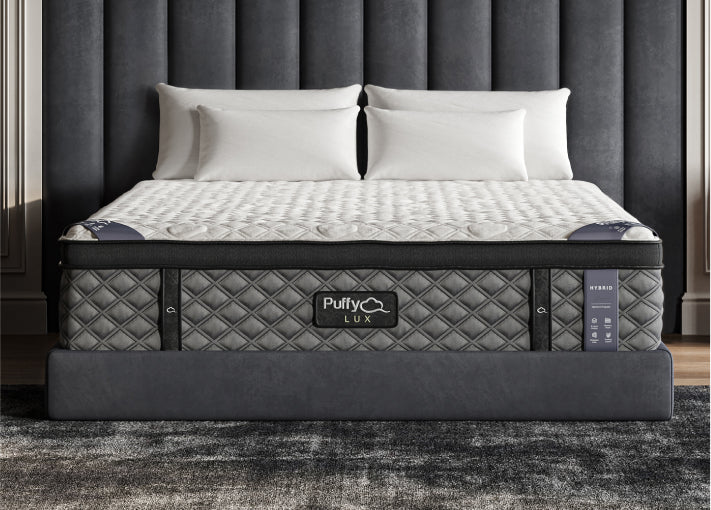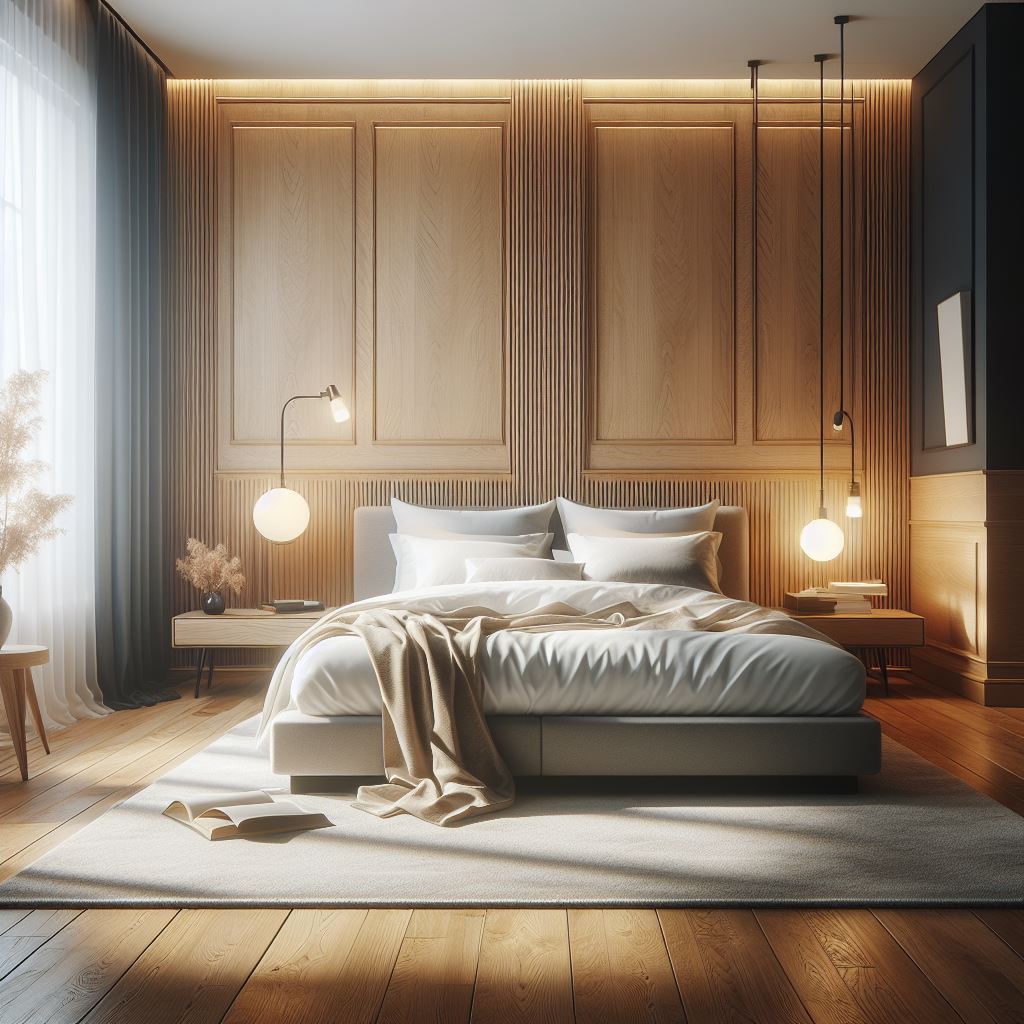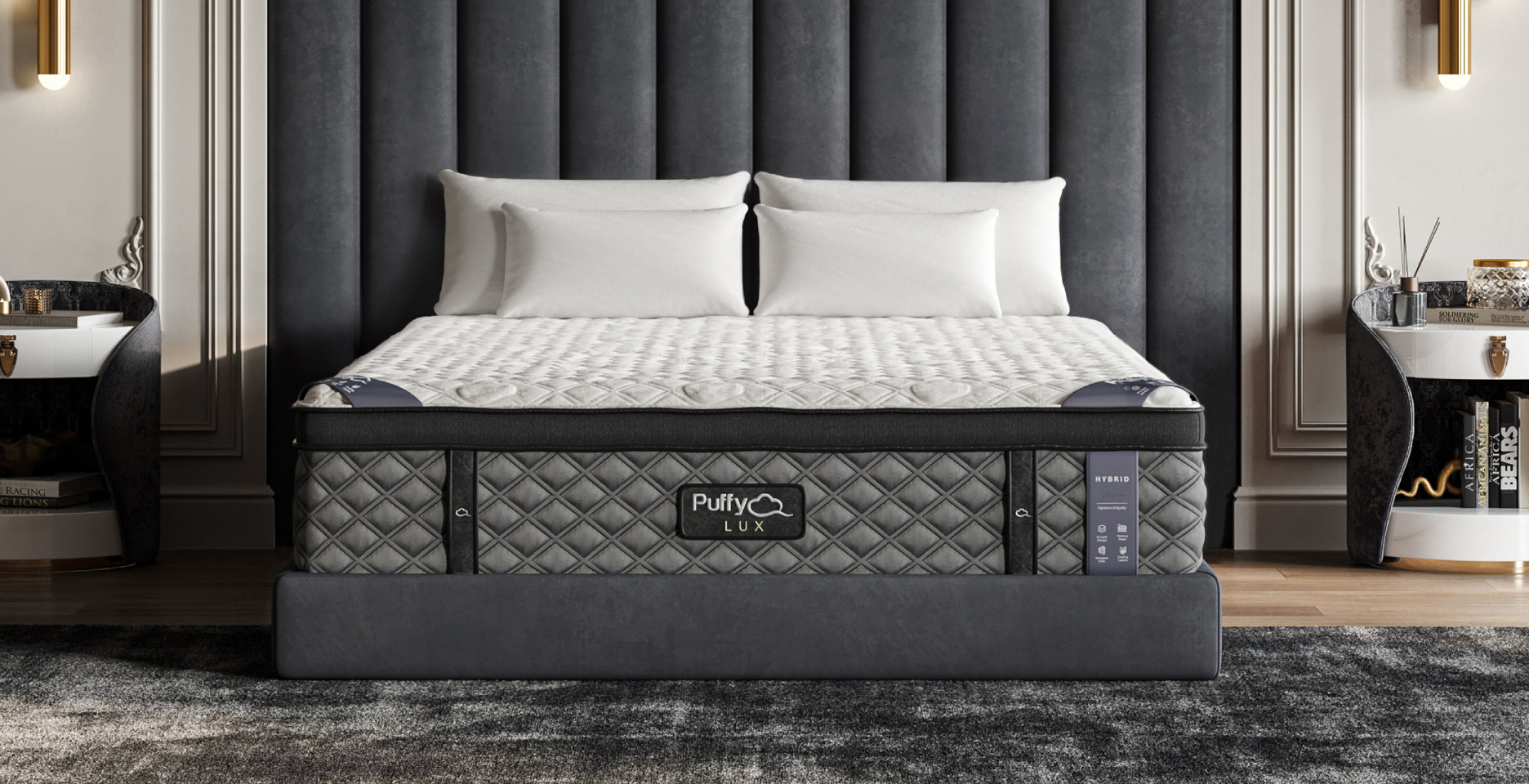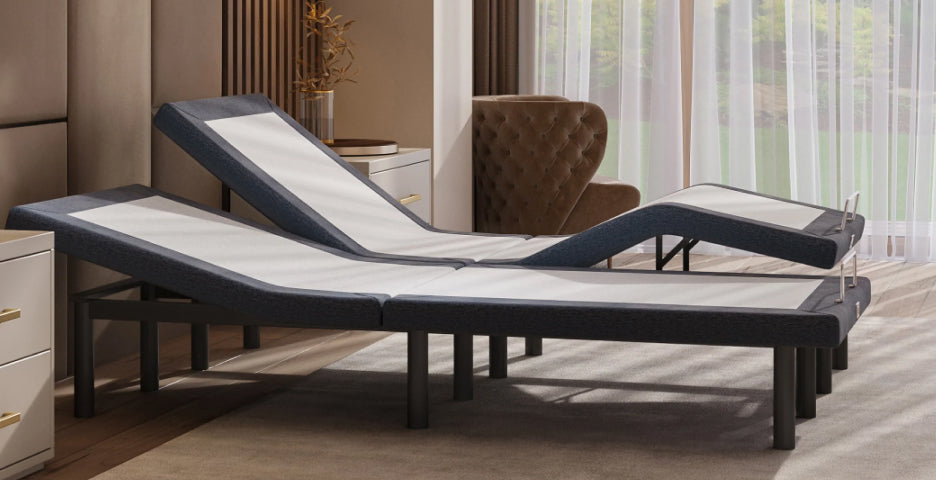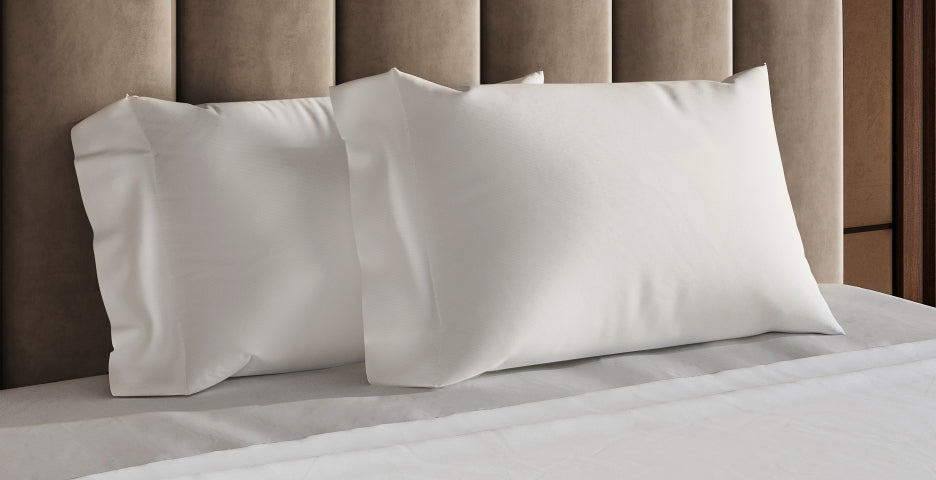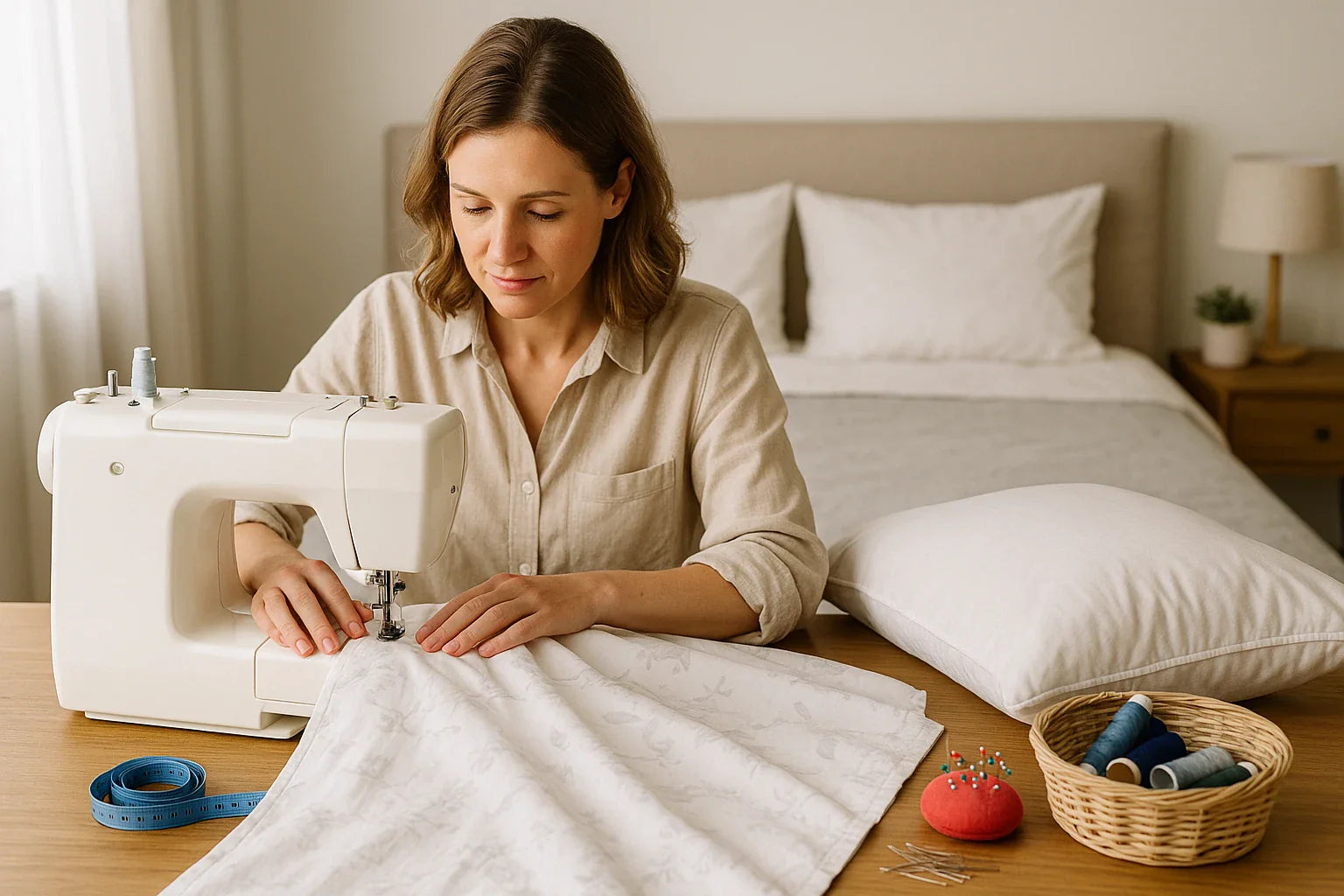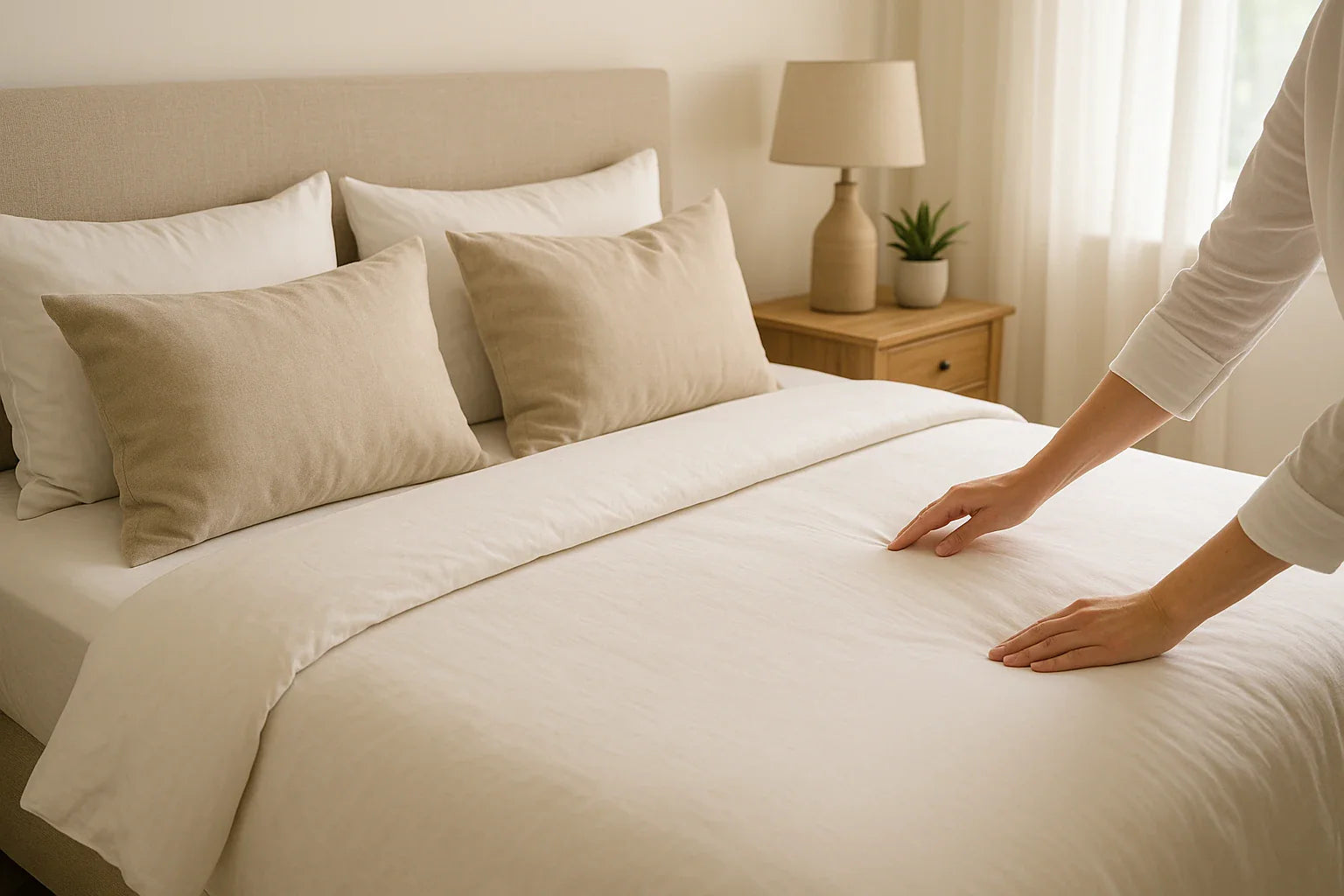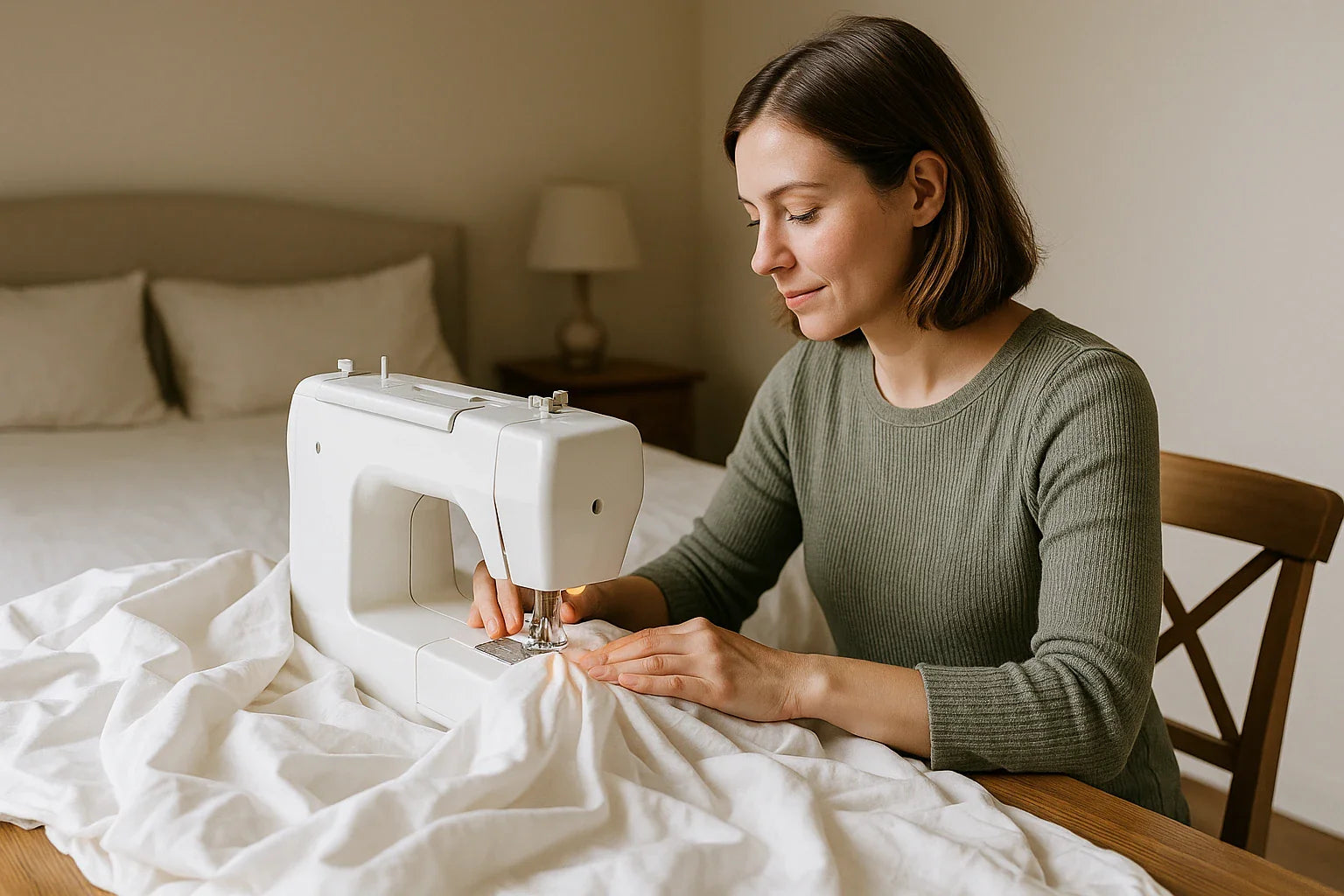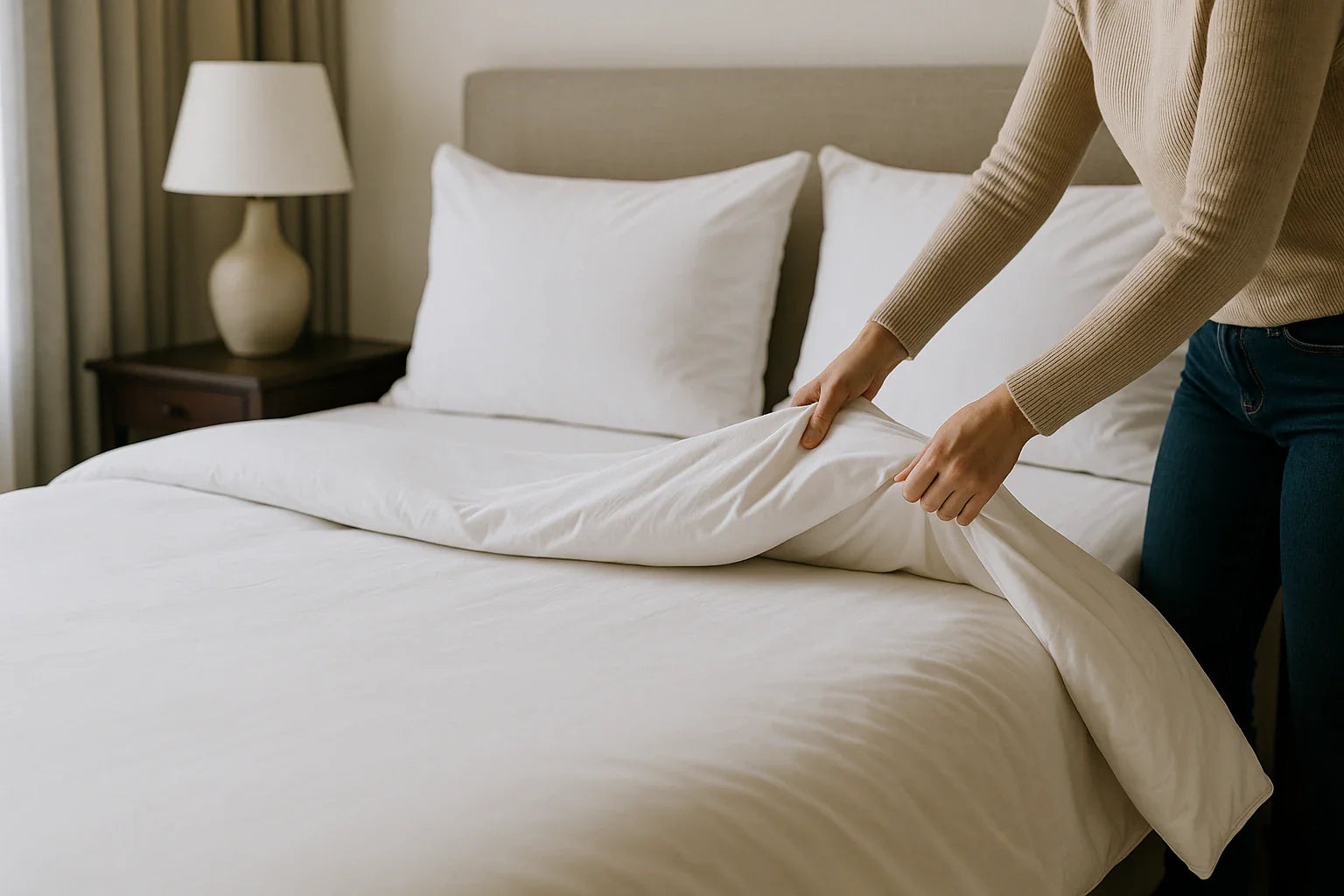Drooling in sleep, while often a source of embarrassment or discomfort, is a common occurrence for many. It’s usually harmless but can sometimes indicate underlying health conditions. Understanding why it happens and how to manage it can lead to more comfortable and drier nights.
Is Drooling in Your Sleep Normal?
Drooling in sleep, medically known as sialorrhea, is a common phenomenon, but its normalcy can vary depending on frequency and underlying causes. Understanding when drooling is considered normal and when it might be a sign of something more serious is essential.
- Normalcy in REM Sleep: During the rapid eye movement (REM) phase of sleep, your body enters a state of relaxation, which includes the muscles around the mouth. This relaxation can lead to the unintentional drooling for many people, and it’s generally considered a normal part of the sleep cycle.
- Age Factor: Drooling is more common and usually normal in infants and toddlers due to undeveloped muscle control. In adults, occasional drooling, especially during deep or particularly exhaustive sleep, is also normal.
- Sleeping Position: Your sleeping posture plays a significant role. Lying on your side or stomach can facilitate drooling as gravity causes saliva to pool and escape the mouth. Back sleepers are less likely to drool.
However, if drooling is excessive and persistent, it may be worth exploring further, especially if it disrupts sleep or causes embarrassment.
Why Am I Drooling in My Sleep All of a Sudden?
Sudden onset drooling might be due to various factors:
- Health Conditions: Sinus infections or allergies can lead to excess saliva production.
- Sleeping Position: Sleeping on your side or stomach often leads to drooling.
Why Am I Drooling in My Sleep?
Understanding why you’re drooling in your sleep can be the key to addressing this issue:
- Relaxed Facial Muscles: The most common reason is the relaxation of facial muscles during deep sleep, leading to a slightly open mouth through which saliva can escape.
- Excess Saliva Production: Some people naturally produce more saliva. This can be due to various factors including diet, medication, or underlying health conditions.
- Medications and Health Conditions: Certain medications, particularly those that affect muscle control or saliva production, can lead to drooling. Additionally, medical conditions such as GERD (gastroesophageal reflux disease), sinus infections, allergies, or neurological conditions can increase the likelihood of drooling.
- Obstructive Sleep Apnea (OSA): OSA can cause you to breathe through your mouth during sleep, which can lead to drooling.
- Dental Issues: Misaligned teeth or poorly fitted dentures can also contribute to drooling by making it difficult to fully close the mouth.
How to Stop Drooling in Your Sleep
Reducing or stopping drooling during sleep can be achieved through various methods. Here are some effective strategies:
-
Sleep Position Adjustments: Sleeping on your back is one of the most effective ways to reduce drooling. This position allows saliva to pool at the back of your throat rather than escape from the corner of your mouth.
-
Oral Appliances: Mouthguards or mandibular advancement devices can be helpful, especially if you have sleep apnea. These devices help keep the airway open and can reduce mouth breathing, subsequently decreasing the likelihood of drooling.
-
Stay Hydrated: Dehydration can thicken your saliva, making it more likely to drool. Drinking enough water throughout the day can help maintain saliva consistency.
-
Allergy Management: If allergies are the cause, managing them with medication or lifestyle changes can reduce nasal congestion, thereby reducing mouth breathing and drooling.
-
Dental Check-Up: Regular dental visits can help address any dental issues that might contribute to drooling, such as misaligned teeth or orthodontic problems.
-
Myofunctional Therapy: Exercises to strengthen the muscles of the mouth and face can improve control over saliva.
-
Stress Management: Stress and anxiety can sometimes exacerbate drooling. Practicing relaxation techniques before bed can be beneficial.
For those seeking to manage nighttime drooling, a Puffy Lux Mattress can offer the right support and comfort to encourage back sleeping, potentially reducing the likelihood of drooling.
Interested in how Puffy stacks up against other brands? Check out our mattress comparisons: Puffy vs Purple, Puffy vs Nectar, Puffy vs Casper, Puffy vs Leesa, Puffy vs Saatva, Puffy vs DreamCloud, and Puffy vs Tuft and Needle.
How to Stop Drooling in Your Sleep: Home Remedies
Home remedies can be an effective, accessible option for managing drooling in sleep:
-
Elevating Your Head: Using extra pillows to elevate your head can help prevent saliva from pooling in your mouth. This can be especially helpful for side sleepers.
-
Good Sleep Hygiene: Establishing a regular sleep routine can improve the quality of your sleep and reduce the likelihood of drooling. Ensure your bedroom is a comfortable, inviting space, perhaps with a supportive mattress, to promote better sleep habits.
-
Hydration and Humidification: Keeping well-hydrated and using a humidifier in your bedroom can help keep your throat and nasal passages hydrated, reducing the need to breathe through your mouth.
-
Essential Oils: Some people find that diffusing certain essential oils, like eucalyptus or peppermint, helps clear nasal passages, reducing mouth breathing.
-
Breathing Exercises: Practicing breathing exercises can help you become more accustomed to nasal breathing, even while asleep.
-
Dietary Adjustments: Avoiding foods and beverages that can increase saliva production, such as acidic or spicy foods, before bedtime can be helpful.
-
Sleep Environment: Ensure your sleeping environment is allergen-free. Regularly clean bedding, and consider using hypoallergenic pillowcases and mattresses.
For individuals seeking a comfortable sleep position to reduce drooling, Puffy mattresses offer the ideal combination of support and softness. Their design helps maintain proper alignment, which can encourage sleeping on your back, thus potentially reducing drooling.
Check out Puffy mattress reviews from real customers and see how we compare with other brands.
Is Drooling in Your Sleep a Sign of Diabetes?
While uncommon, excessive drooling can sometimes indicate diabetes:
- Diabetes Symptoms: Nighttime drooling can accompany other diabetes symptoms like frequent urination or extreme thirst.
- Medical Consultation: It’s important to consult a healthcare provider for a proper diagnosis if you suspect diabetes.
Use our store locator to find the closest furniture or mattress store near you and feel the cloudlike comfort of our Puffy Mattress in person.
Conclusion
Drooling in sleep is a common occurrence and usually isn’t a cause for concern. However, if it’s frequent or accompanied by other symptoms, it might be worth discussing with a healthcare professional.
Implementing simple changes in sleep habits and positions, like sleeping on a supportive mattress, can make a significant difference in managing this condition.
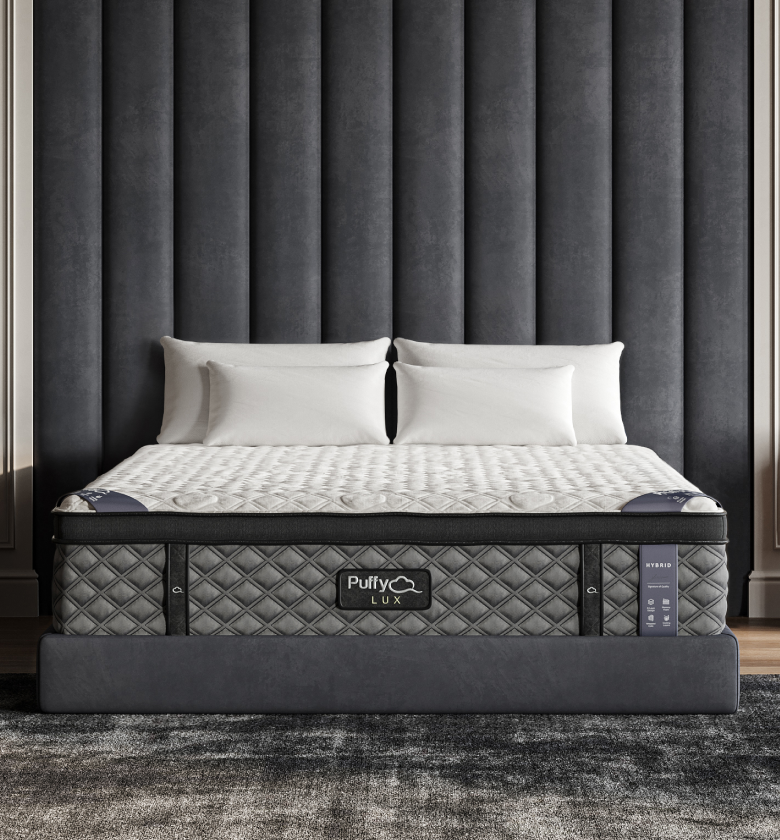
$1,350 in savings
Transform your comfort with the Puffy Lux.
Relax into award-winning comfort with this hybrid mattress:
- 8 layers of cloudlike luxury.
- Medium-plush feel.
- Gel-infused cooling.
- 101-night sleep trial.
